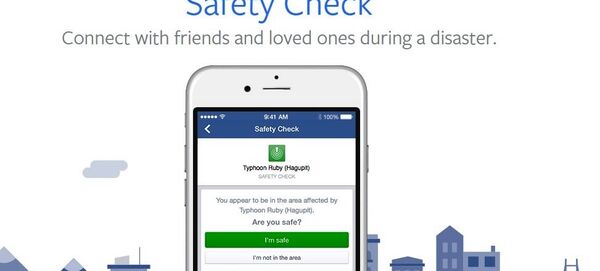"We have had extensive contact with experts in this field of work. The most important thing when you have thoughts of suicide is that you get in touch with other people," Christine Grahn, public policy manager for Facebook in the Nordic region, told tabloid newspaper Expressen.
In practical terms, this is an integral component of Facebook's system for reporting content. The idea is to give more substantial support to depressed users on the verge of suicide. People reporting disturbing content will therefore be encouraged to contact a national emergency line if it is a matter of life and death. The alternative is to contact the troubled person directly via messages or calls. Users will also be given aid on how to respond to suicidal thoughts.
"We have personnel who are working worldwide around the clock, seven days a week. They will prioritize these types of notifications and address the urgent issues very quickly," Grahn said.
Meanwhile, the reported user will receive a message from Facebook, reading as follows: "Someone who has seen your post thinks you might be having a tough time right now. We'd love to help you if you need our support." Next, the user will be offered the choice to contact a friend or a help line to obtain advice and support.
In Sweden, the launch of the new Facebook function was greatly contributed to by Mind Association, working with the prevention of mental illness.
"It is important that you talk about suicide, even online. If a person has these thoughts, it is crucial that we do not put the lid on it and do not only listen affirmatively, because this only makes the suffering worse," Carl von Essen, secretary general of Mind, said.
"I think it's great that Facebook is doing this," von Essen said, claiming the new method is likely to save lives.
According to the Organisation for Economic Co-operation and Development, Sweden had one of the highest reported suicide rates in the West for much of the 20th century. Sweden's suicide rate exceeded that of other nations, such as the Netherlands, Norway, and the United Kingdom. However, that rate declined decade after decade as time went on. Scandinavia's high suicide rate has traditionally been explained by regional factors like dark winters, cold weather or rigid mentality.





